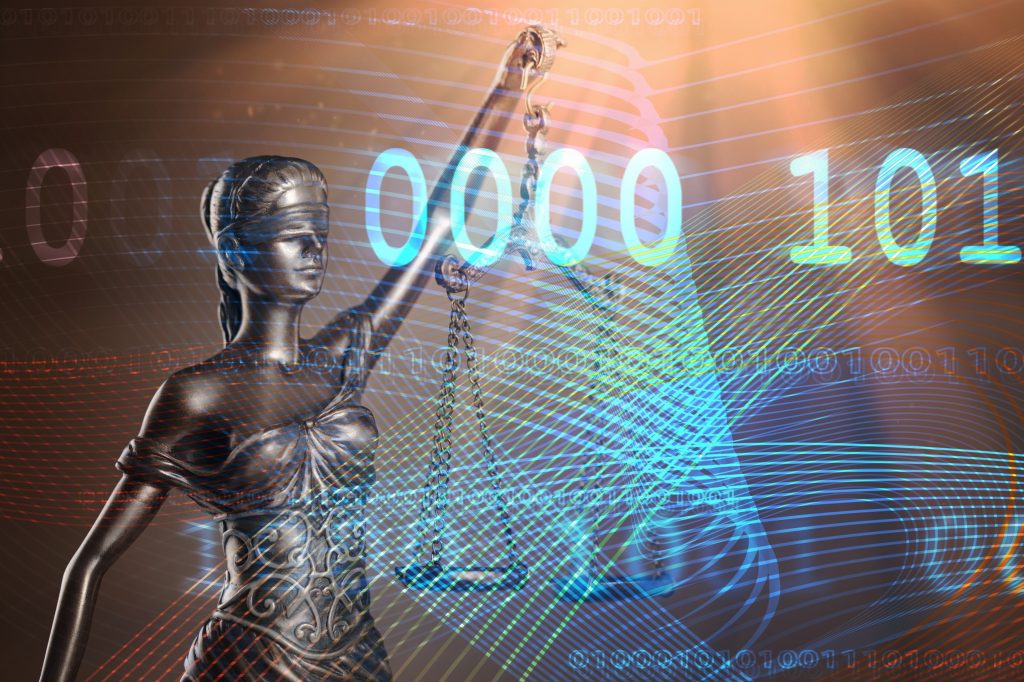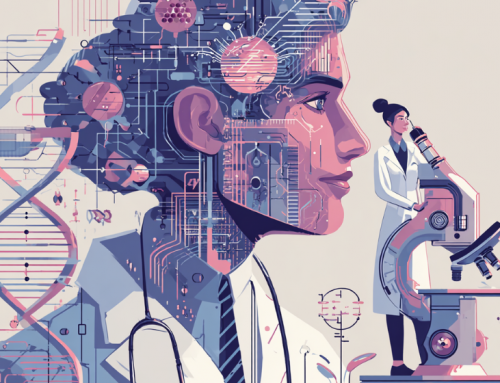
Algorithms are in use by legal systems to decide outcomes and punishments. Now AI will advise defendants on how to argue their cases. (source: Adobe Stock)
AI Program from DoNotPay to Assist a Defendant in a Speeding Ticket Case
Today, almost everything touched by AI is improved. That is to say when people have applied AI to their processes or products, it’s usually a great idea.
But it’s not always legal to use AI in certain situations. The article in futurism.com points out some rather sneaky uses of AI that may or may not work out well for those who use it. In a courtroom, for example.
According to a story on futurism.com, AI could help people get out of a speeding ticket in court.
“An AI-based legal assistant created by San Francisco-based startup DoNotPay is about to advise a defendant in court for the first time, New Scientist reports, telling them what to say throughout an entire case.”
The company is keeping the location and name of the defendant private as he or she uses an AI legal assistant to relay instructions on what to say via an earpiece during the case. If it doesn’t work out, DoNotPay says it will cover any fines.
Now keep in mind that AI is already being used in the justice system. Some algorithms look over cases to help decide on sentences as was reported by wired.com back in 2017.
As New Scientist points out, this kind of use of the technology is illegal in most countries, but the company says it found a location where it can skirt these rules. However, it wasn’t just in a speeding case that AI was introduced.
For instance, DoNotPay founder Joshua Browder was able to get a refund for a wire transfer fee from Wells Fargo, as seen in a video he shared on Twitter this week.
“Over Christmas, DoNotPay managed to create an AI deepfake clone of my voice,” he wrote in the caption. “Then, with GPT, we got the bot to phone up Wells Fargo and successfully overturn some wire fees.”
Some think this use of AI might help avoid the need and the cost of using a lawyer to argue for you. Even at basic customer service counters at your local stores.
“We’re quite far off being able to do these things reliably and get rid of lawyers,” Neil Brown at UK law firm decoded.legal told New Scientist. “We have to be very careful of making such claims.”
When it comes to what is called a “slippery slope,” this is it. Soon we might have one AI will be arguing with another AI about some human problem.
A very slippery slope, indeed.
read more at futurism.com







Leave A Comment